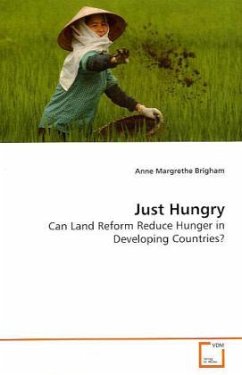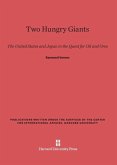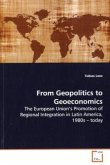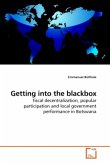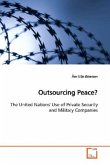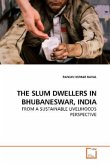Just Hungry investigates the potential of land
reform to reduce hunger in developing countries.
Towards this end, it studies the relationship
between land concentration and chronic hunger in 41
countries across the developing world. The
book analyses whether developing countries with a
more egalitarian distribution of land enjoy less
hunger than countries where land is concentrated in
the hands of the few. If this is the case, land
reform could act as a means for reducing hunger. The
study finds both the highest and the lowest levels
of food insecurity where land is concentrated in the
hands of the few, and concludes that the effect of
land reform on food insecurity will depend on the
share of the population that relies on agriculture
for a living, as well as the level of food
availability in the country. Another important
finding is the possibility of a "Low
Land Concentration Trap", from which highly food-
insecure countries with egalitarian land
distributions may find very hard to escape.
reform to reduce hunger in developing countries.
Towards this end, it studies the relationship
between land concentration and chronic hunger in 41
countries across the developing world. The
book analyses whether developing countries with a
more egalitarian distribution of land enjoy less
hunger than countries where land is concentrated in
the hands of the few. If this is the case, land
reform could act as a means for reducing hunger. The
study finds both the highest and the lowest levels
of food insecurity where land is concentrated in the
hands of the few, and concludes that the effect of
land reform on food insecurity will depend on the
share of the population that relies on agriculture
for a living, as well as the level of food
availability in the country. Another important
finding is the possibility of a "Low
Land Concentration Trap", from which highly food-
insecure countries with egalitarian land
distributions may find very hard to escape.

